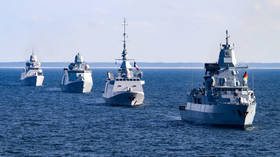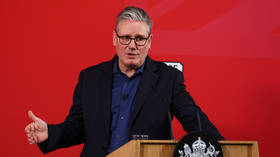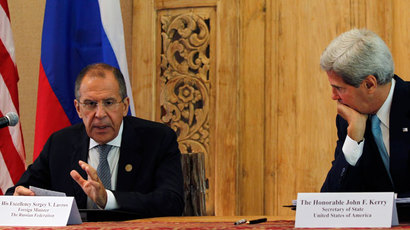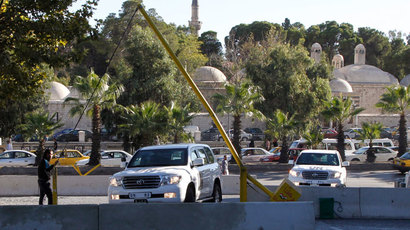Foreigners train Syrian rebels in Afghanistan to use chem weapons - Lavrov
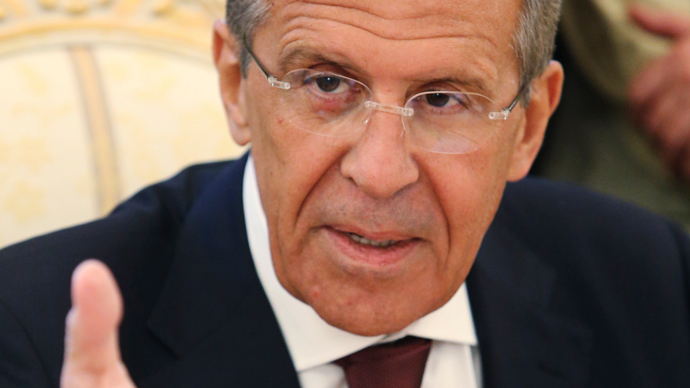
There are reports that some third countries are training Syrian rebels to use chemical weapons in Afghanistan, Russian Foreign Minister Sergey Lavrov said. The intention is to put the skill to use in new false flag actions in Syria, he explained.
The suspected training happened in Afghan territories not under
control of the government in Kabul, Lavrov said.
“Some reports indicate that [Al-Qaeda-linked radical] Al-Nusra Front is planning to smuggle toxic compounds and relevant specialists into Iraqi territory to stage terrorist attacks there this time,” Lavrov said.
The Russian minister, who spoke after meeting his Kuwaiti counterpart Mohammad Sabah Al-Salem Al-Sabah, warned against any possible provocations in Syria related to the ongoing process of its chemical weapons disarmament.
“We are standing for conducting the work in a precise manner in accordance with the roadmap and without any hindrances. We warn against any possible provocation,” Lavrov said.
Al-Nusra Front is considered one of the most combat-worthy parts of the militants fighting against Damascus.
It has said that it takes orders from an Al-Qaeda branch operating in Iraq. Many countries, including the United States, list the group as a terrorist organization over several high-profile bombings it organized in Syria.
The use of chemical weapons in August near Damascus triggered a serious international crisis. The US threatened to use military force against the government of President Bashar Assad, which it blamed for the attack.
The tension was defused after a Russian-brokered deal to destroy Syria’s chemical weapons arsenal.
Damascus
insists that the August incident and several previous cases of
alleged use of chemical weapons in Syria were provocations by
opposition forces. Russia shares this view.
Earlier Russian diplomatic sources said the August sarin gas attack was a special
operation of Saudi Arabian intelligence conducted with the help
of a radical Islamist militant group operating near Damascus.
The group called Liwa Al-Islam is headed by the son of a Saudi cleric.


